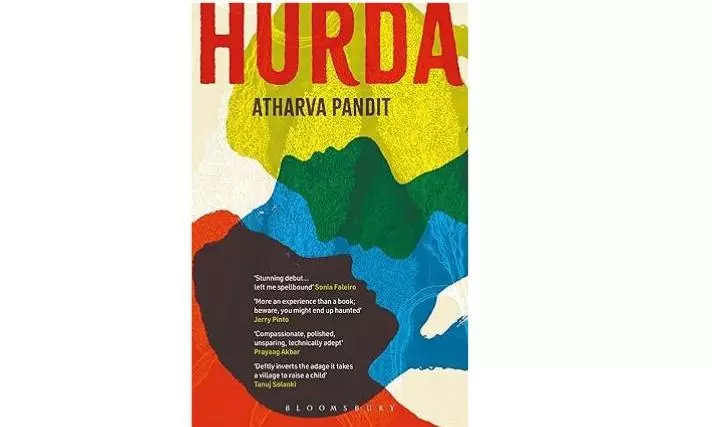Book Review | Spare, brutal, rural Maharashtrian noir

It has proven particularly difficult to write fiction in English about the present. Indeed, arguably the best writing in India recently seems to be in translation — novels which have managed to wrench vivid new registers of meaning out of our political present. Those in English, meanwhile, have struggled to lift themselves out of the pervasive sameness of our political discourse.
Some of this may be down to the endlessly mimetic effects of social media, where a standardised Indian-liberal vernacular has emerged out of a shrinking oasis of independent media sources. Drawn from this well, the waters of contemporary fiction have acquired a clear referentiality, glancing into which the consumers of said media find nothing but their own reflections looking back at them. Even as the world convulses under arrestingly historic developments, the scope of the language at our disposal has never felt as limited. So many novels, such little novelty.
How refreshing, then, to find a novel which manages to contribute something genuinely distinctive. Atharva Pandit’s debut novel Hurda, set around the brutal death of three young sisters in rural Maharashtra, shakes the desolation of patriarchy, our decrepit justice system and the heartless bureaucracies of murder out of the familiar, deadening gaze of our present political landscape.
Hurda is a story told in polyphonic fragments that flit across a few different subplots with an almost cinematic flair, jump cutting between testimonies from the village and the investigation on hand. In theory, this should not work. Flensed of its modernist origins and deployed in service of an inward-looking set of concerns, the fragmentary form has become a predictable fixture in contemporary novels, almost symbolising a literary culture that has submitted to the overstimulation of the Internet’s endless scroll. Pandit’s novel hurtles across these vignettes with a pace and intensity very reminiscent of Instagram reels, yet has the opposite effect — a living, breathing mosaic of rural life which manages to capture an aridity of spirit that pervades its setting with admirable grace; a novel in close-ups.
Particularly memorable in the broad cast of characters that populate the novel is the police inspector Sanjay Dighole. A brutal, buffoonish wretch of a man, Dighole speaks in a profane patois of Marathi and English that would feel perfectly at home in an Anurag Kashyap film. His empty bravado is haunted by the spectre of a certain masculinity that looms over all the men in this novel. The author’s gaze here is brutal and unsparing — nobody escapes the cauldron of thwarted manhood that is rural Maharashtra.
There are a few missteps — a grieving mother whose voice is rendered solely in flat testimonies to the reader and whose rigidly academic characterisation as a single, overworked, misunderstood rural mother seems at odds with the life Pandit infuses into his other characters. The ending, falling action told through the eyes of some of the novel’s more forgettable voices, lost this reader.
But these instances are easy to forgive, so assured is Pandit’s hand across the span of his narrative.
This is a novel to savour deeply for its attention to detail, its alternating play between light and dark, and the sharp, unsentimental critique it offers of our modern-day economy of heartbreak.
Hurda
By Atharva Pandit
Bloomsbury India
pp. 272; Rs 999

